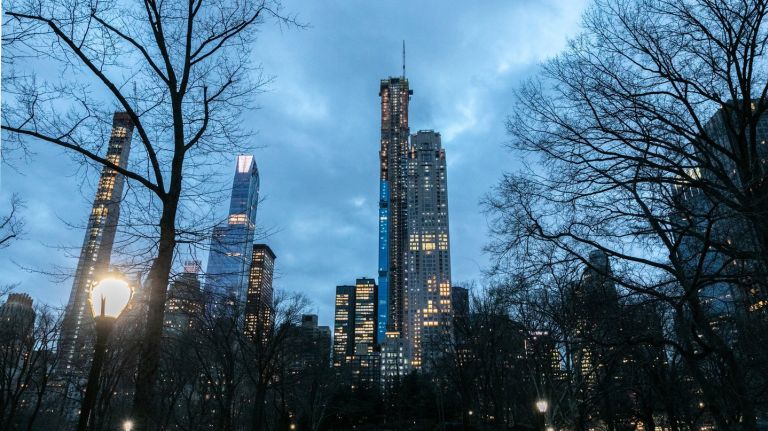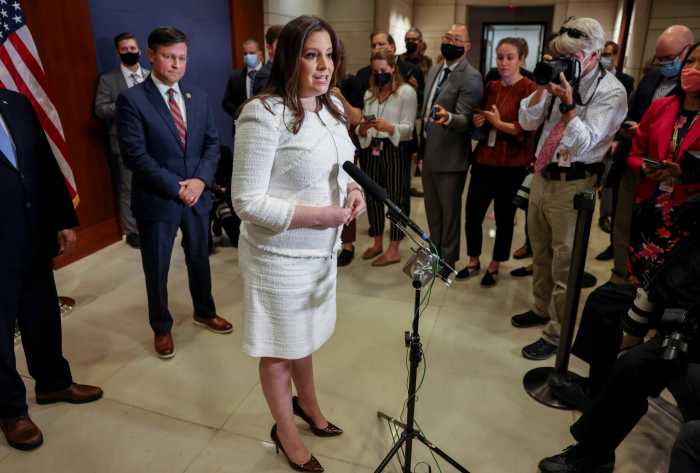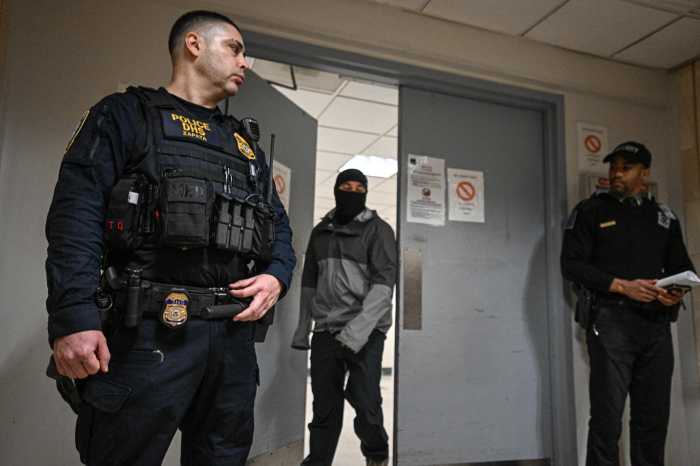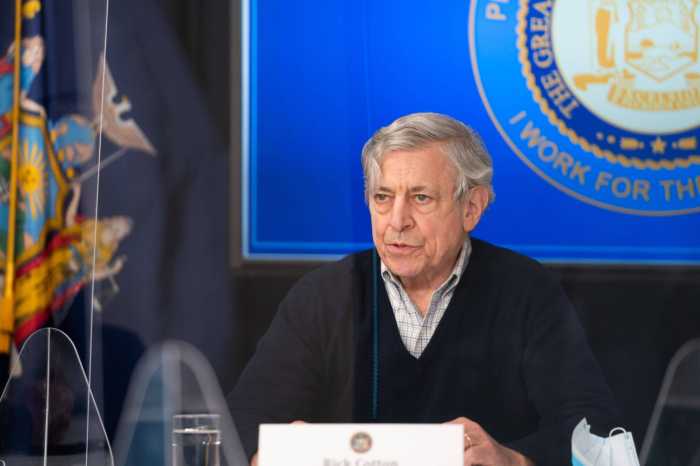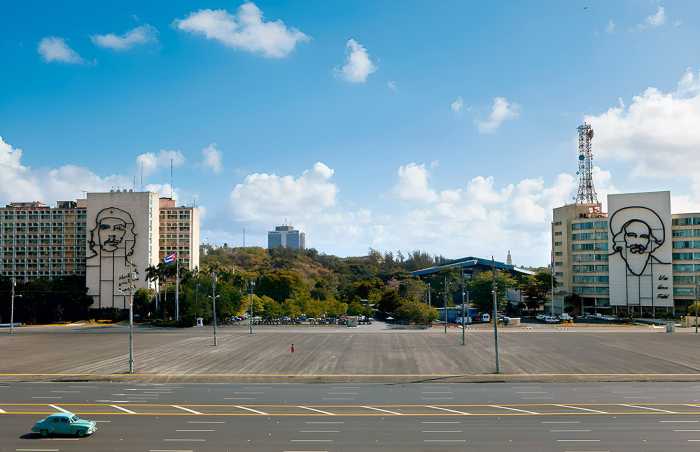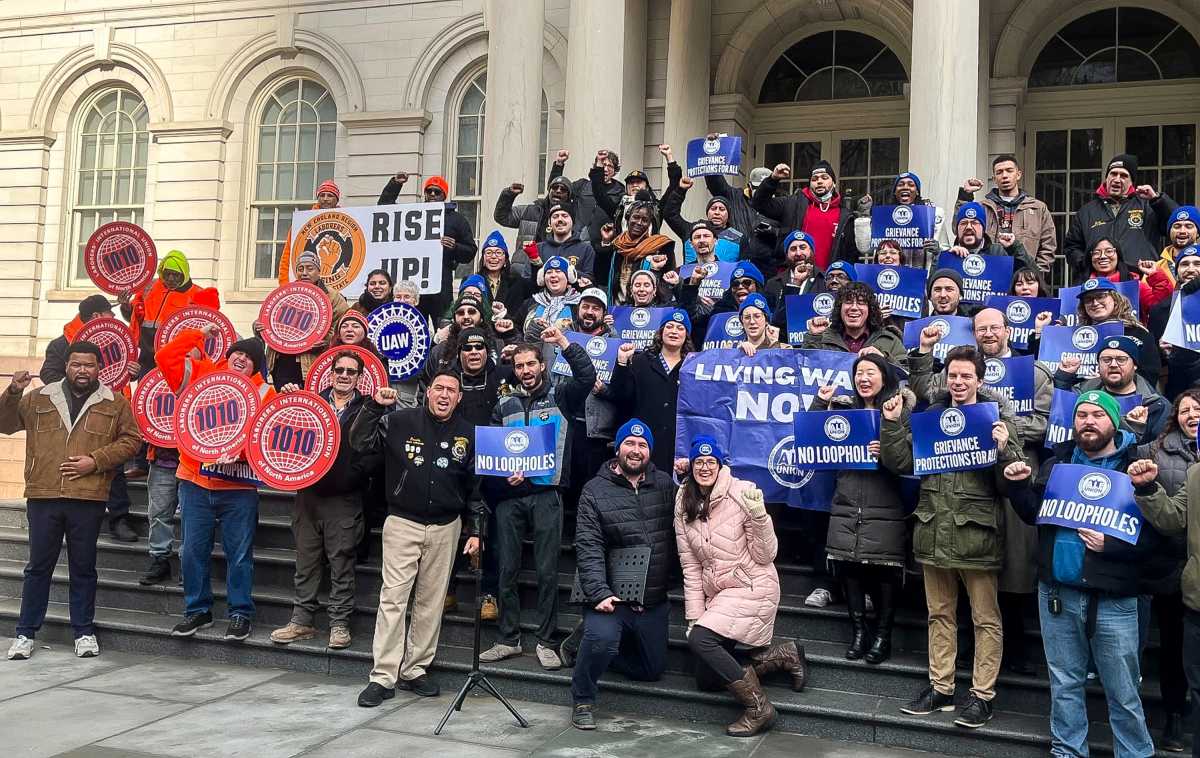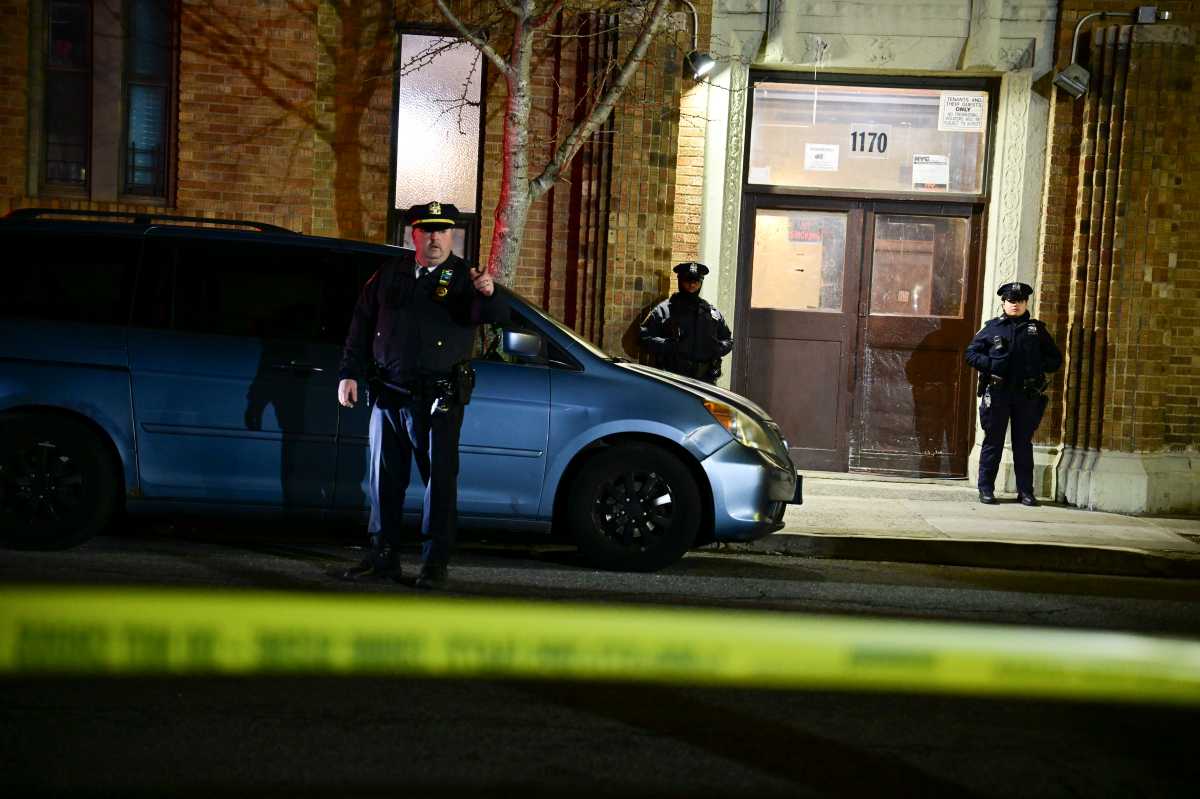
Someone bought an apartment in NYC last week.
That’s hardly news in this town. But what drew attention to hedge funder Kenneth Griffin’s purchase of a penthouse on Central Park South was the price tag: $238 million.
It was the most expensive residential sale in U.S. history.
Griffin, who’s donated millions to universities and museums, is free to legally spend his money. He’s one of the world’s richest men and in recent years has spent like it. He’s paid hundreds of millions for properties in Miami, London and Chicago, and nabbing major works of art.
But the record-setting NYC buy comes in the middle of an international conversation about wealth and who has it.
Freshman U.S. Rep. Alexandria Ocasio-Cortez asks, How much excess is too much? Her focus on income inequality has been pooh-poohed in Davos, that Swiss gathering of the world’s rich, famous and self-promoting, though it’s hard to imagine that in Ocasio-Cortez’s Bronx and Queens district, most people would take issue with her idea that after someone earns their first $10 million that year, the rest is taxed at a higher rate.
Proposals like that don’t seem so far-fetched when you look around and see a world that makes the Gilded Age look fair. Companies in the technology and financial spheres gain market value and influence while employing relatively few. Workers struggle with longer hours and a precarious gig economy. In NYC, housing costs are high, pushing residents out of the safe, popular neighborhoods that have great transit options and good coffee shops. A Billionaires Row casts a shadow over Central Park, while the New York City Housing Authority crumbles.
What should be done? Democratic presidential hopeful Elizabeth Warren is eyeing a tax on ultramillionaires. Some city politicians favor a pied-à-terre tax on absentee owners parking money in homes they don’t regularly use.
Ideas like these will keep gaining momentum until workers feel economic security. There’s plenty of other someones who can use a spare $238 million in New York City.



